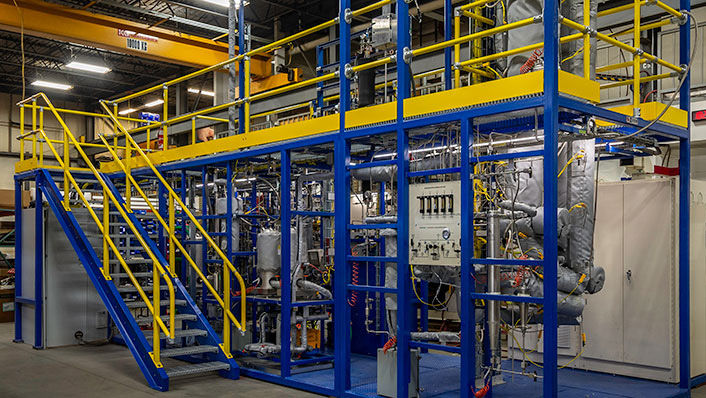Co-processing Bio-based Feedstocks in the FCC

Decarbonizing the refining process
In recent years the refining industry has been motivated to create opportunities and address the challenges of decarbonizing the industry. Decades ago, Grace began researching ways to help refiners survive and thrive through an energy transition. In the current issue of Decarbonisation Technology magazine, Grace’s Bob Riley, Ken Bryden, and Stefan Brandt explore the processing of bio-based feedstocks in existing FCC units.
While many companies are seeking entry into alternate energy value chains to achieve their decarbonization goals, there are significant gains to be realized from decarbonizing the refining system that are possible today. Using bio-based feedstocks as a decarbonization lever is one of the most effective methods to address emissions – especially Scope 3 downstream emissions.
Bio-based feedstock co-processing in the FCC has been employed around the world by refiners and is expected to continue to grow over time. Grace has supported refiners by leveraging our laboratory evaluation capabilities, including our unique DCR™ Pilot Plant technology, for schemes to co-process bio-based feedstocks. We have helped refiners uncover potential issues associated with co-processing and select the most appropriate bio-based feedstocks to meet their processing goals.
DCR™ Pilot Plant is a trademark of W. R. Grace & Co.-Conn.